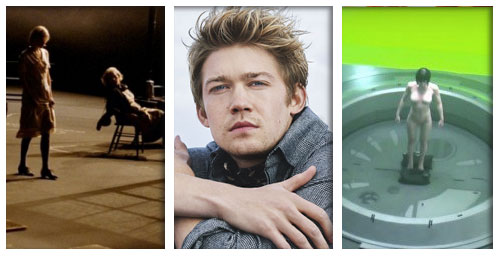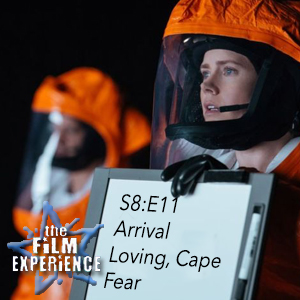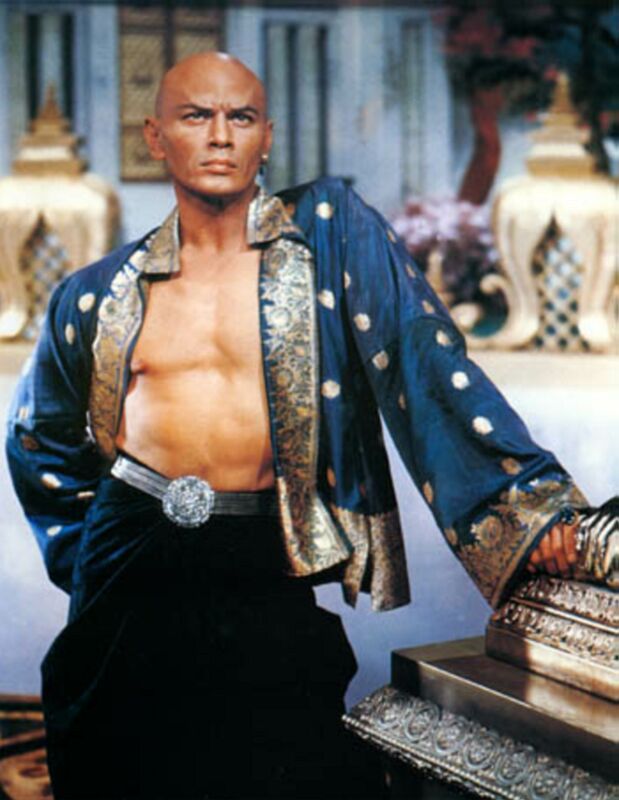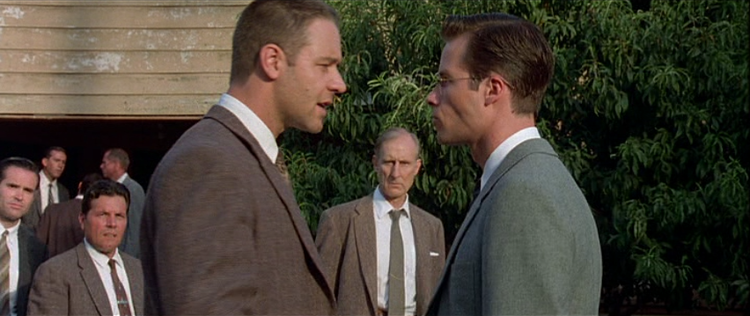Variety Will Hollywood forgive Mel Gibson with Hacksaw Ridge?
Variety Robert Redford to retire from acting. That's a pity. He was just starting to be in movies again regularly.
MNPP Joe Alwyn eleven times
Coming Soon Geoffrey Rush as Albert Einstein in a new series

/Film a new featurette about a Ghost in the Shell set visit
I Like Things That Look Like Mistakes on the resonance of Dogville's revenge fantasy
Total Verhoeven the Film Society's Verhoeven retrospective just began. I'm anxious to see his Oscar nominated Turkish Delight (1973) for the first time!
DListed first shot of Johnny Depp (or rather the back of his head) in Fantastic Beasts and Where to Find Them 2. Can't believe they're already promoting the second one before the first one is in theaters (sigh)
RIP Because 2016 continues to be the most hateful year ever
Deadline Robert Vaughn (The Man From UNCLE, The Magnificent Seven)
Criterion Corner Remembering Leonard Cohen (via McCabe and Mrs Miller)
In this very difficult week these things gave me teensy moments of solitude or defiant strength
NY Mag Hiking and running into Hillary Clinton
Advocate People of the Year: The survivors of Pulse nightclub
Review "Rules for Survival" under men like Donald Trump
Pajiba "never forget that Donald Trump is a profoundly stupid person" -perhaps his incompetence will help prevent some of the possible catastrophes
The Matinee "Dear America..."
Towleroad The continually scrappy Elizabeth Warren on Rachel Maddow "we fight back"
The New Yorker "How to restore your faith in Democracy"
Gothamist advice for how to protect your fellow citizens from Trump's embolded xenophobic and racist fans if you see bullying taking place
 Sunday, November 13, 2016 at 12:38PM
Sunday, November 13, 2016 at 12:38PM  We're back to weekly podcasts! This week Nick, Joe, and Nathaniel discuss two new Best Picture hopefuls and one bold remake
We're back to weekly podcasts! This week Nick, Joe, and Nathaniel discuss two new Best Picture hopefuls and one bold remake




